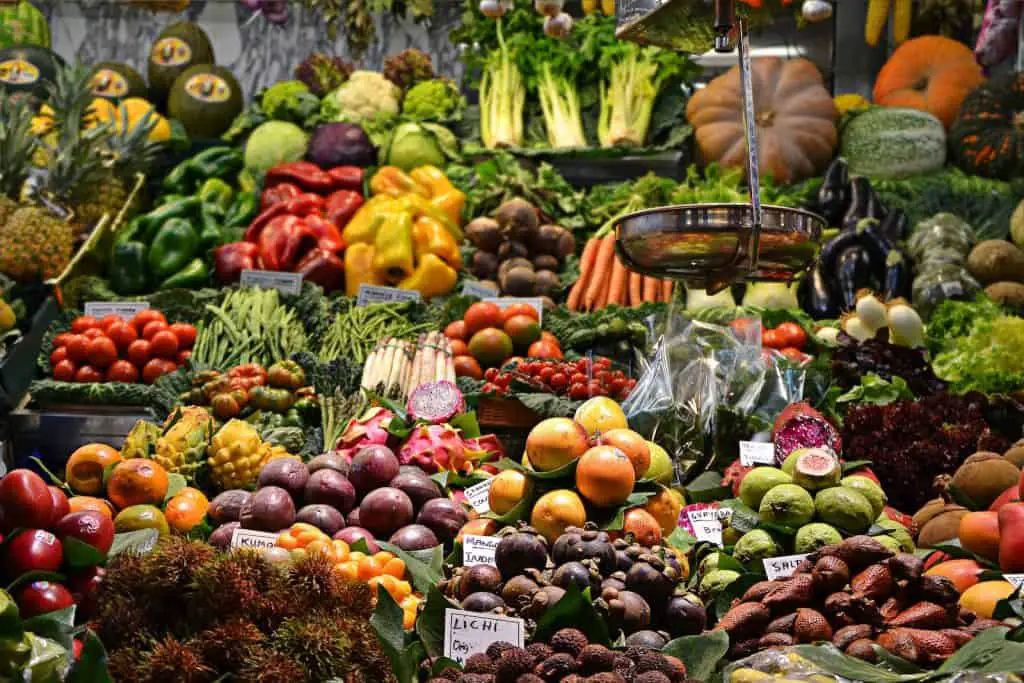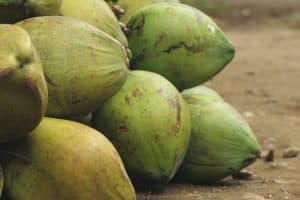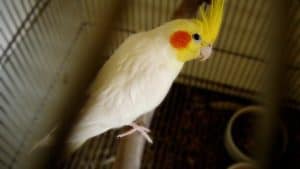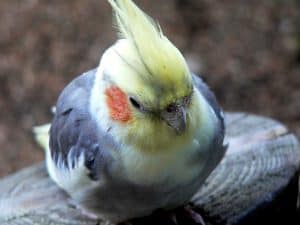Caring for your cockatiels involves more than just providing them a safe and comfortable living space – it’s about ensuring they are fed correctly too. It’s a well-known fact that cockatiels eat a varied diet, but did you know that they can also enjoy many of the same foods humans do? Figuring out the best human food for cockatiels can significantly enhance your feathered friend’s life quality and lifespan.
While in their natural habitat, wild cockatiels primarily feast on items such as grass seeds, they are also known to consume a range of other foods. If you’ve ever wondered “Can cockatiels eat fruits and vegetables?” – the answer is a resounding yes! Fresh fruits and vegetables are not only safe for your pet birds but are also packed full of beneficial nutrients that are essential to your cockatiel’s diet.
However, it’s not all fruits, veggies, and seeds. Some more surprising entries on the menu include cooked meats (so yes, cockatiels can eat meat), hard-boiled or scrambled eggs, and even brown rice, whole grain pasta, and a small bit of cheese. Remember, variety is key for a balanced diet. Yet, ensure to serve these human foods in very small quantities, keeping in mind that your pet cockatiels’ main diet should mostly consist of bird food such as pelleted food and seed mixes. When feeding them the same food as your family, always avoid any processed foods with too much salt or sugar, as these offer very little nutritional value to birds.
Understanding Your Cockatiel’s Nutritional Needs
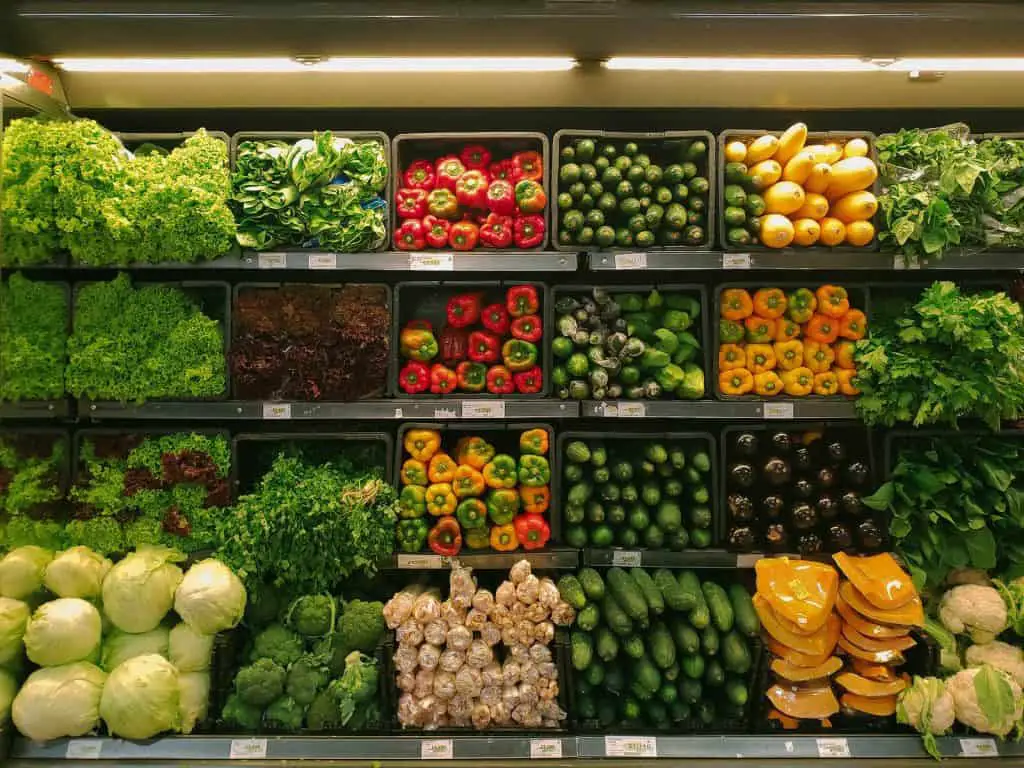
If you’re on the quest to find the best human food for cockatiels, then understanding your pet’s nutritional needs is essential. Pet birds like cockatiels have unique nutritional requirements, and some human foods fit these needs perfectly.
Cockatiels thrive on a diet that’s varied and well-balanced. A balanced diet for your feathered friend includes grains, seeds, and nutritious fresh fruits and vegetables. Cockatiel’s diet should mimic what they would eat in the natural habitat – that’s a mix of seeds, grass seeds, fruits, and leafy veggie morsels like bok choy.
Before you start supplementing your bird’s diet with human foods, it’s vital to know what fruits cockatiels can eat. Most fresh fruits are safe for cockatiels, but be sure to remove toxic fruit seeds and pits as they pose a health risk to your pet. When considering fresh foods, think blueberries, papaya, and pitted cherries. Avoid fruits with high acidity, and remember that dried fruits can work as occasional treats only.
When it comes to vegetables, fresh is always best. Fresh vegetables such as broccoli, carrots, bell peppers, spinach, and peas are high in essential vitamins and offer great nutritional value. You can mix them with cooked foods like brown rice, sweet potato, or even whole grain pasta. Just make sure these are served in very small quantities. Also, can cockatiels eat meat and cheese? While small quantities of hard-boiled or scrambled eggs provide protein, you should generally avoid feeding cockatiels other dairy products and meats.
As a rule, always provide your cockatiel with a freshwater source and wash fresh food thoroughly before feeding. You also must avoid any foods known to be toxic for cockatiels, such as apple seeds, avocado, chocolate, and raw potatoes. It’s crucial not to offer foods with very little nutritional value, excessively fatty or salty human foods, or heavily processed foods that could disrupt your pet bird’s digestion.
Remember, your pet cockatiel’s nutritional needs differ greatly from human ones. Don’t assume they will thrive on the same food as you. To ensure they’re getting the right balance of nutrients, consult your vet or a pet store specialist.
Here’s a quick bullet list of nutritious food appropriate for pet cockatiels:
- Fruits: Pears, Apples (without seeds), Berries, Bananas.
- Vegetables: Carrots, Broccoli, Bell Peppers, Spinach.
- Cooked food: Brown rice, Sweet potato, Whole grain pasta.
- Protein source: Boiled or scrambled eggs (infrequently).
Finally, be aware that while some human foods are fantastic supplements to a bird’s diet, a varied diet combining pelleted food, seeds, grains, leafy greens and occasional treats is key to your feathered friend’s health and happiness. Treat this as a guide to find out foods for cockatiels in human food aisle, but always consult with a vet when in doubt.
- PREMIUM FORAGING MIX of bell peppers, papayas, pineapples, flax seed and almonds
- HAND-PICKED INGREDIENTS inspired by ancestral feeding habits of Cockatiels
- NATURAL with vitamins and minerals
- NO ADDED FILLERS or artificial preservatives
- PREBIOTICS and PROBIOTICS for digestive health
- OMEGA 3s to support brain and heart health
- VETERINARIAN-RECOMMENDED BRAND with more than 150 years of experience caring for pet birds
Human Foods Safe for Your Feathered Friend
Many pet bird owners wonder about what human foods are safe and beneficial for their feathered friends. Read on as we delve into a world of nutritional options for your pet cockatiel.
Pet cockatiels thrive on a varied diet. This means, besides the bird food you get from your local pet store, human foods like fruits, vegetables, and certain meats can be included in a cockatiel’s diet. Plus, these fresh foods can provide essential vitamins and other beneficial nutrients that processed foods may lack.
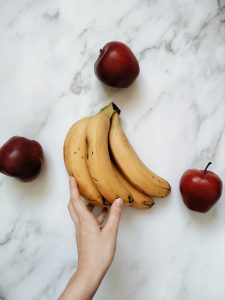
For starters, fresh fruit is a cockatiel favorite. Small portions of apples (minus the apple seeds), bananas, and pears make for a healthy snack. However, refrain from feeding fruit pits or dried fruits as they could possibly harm your cockatiel.
Fruits aside, your cockatiel can also enjoy fresh vegetables. Broccoli, bok choy, mustard greens, and sweet potatoes are just a few items to include in their diet. Avoid giving raw potato as it has very little nutritional value for cockatiels and can be hard on their digestive system. But remember to always wash all fresh fruit and vegetables thoroughly to get rid of any pesticides.
While it may surprise you, cockatiels can eat meat and dairy, too. Small pieces of cooked chicken or turkey provide a protein boost. Scrambled eggs are a thumbs up but avoid feeding any cheese as cockatiels are known to have difficulty digesting dairy products.
And can cockatiels eat grains? Absolutely! Foods like brown rice or whole-grain pasta serve as an excellent source of carbohydrates.
But feeding your pet birds isn’t just about providing them with a wide range of foods. It’s about maintaining a balanced diet. You don’t want to overwhelm your cockatiel’s diet with too much of any one food, especially those with too much salt or sugar.
Lastly, while supplementing your cockatiel’s food with human foods, remember that fresh water should always be at their disposal. And as always, if you’re unsure about a certain food, it’s best to consult with a bird specialist or a vet.
Top Human Foods Recommended for Cockatiels
It’s essential for a cockatiel’s diet to be varied and nutritious, and many foods you eat can be shared with your cockatiel. A balanced diet ensures your pet bird remains healthy and vibrant. It’s worth clarifying, though, that not all human foods are suitable for cockatiels. Let’s delve into the best human food for cockatiels, but also remember that some foods, although loved by cockatiels, should be given in moderation.
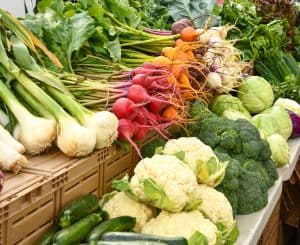
Firstly, you’ll be glad to learn your pet cockatiels can quite enjoy fresh fruits and vegetables. Offer them in small chunks to make eating easier. This can include apples, pears, carrots, broccoli, and bok choy, amongst others. Note: Be sure to remove any fruit seeds or pits, as they can be toxic for your feathered friend.
You can also incorporate some beyond-the-ordinary ingredients into your cockatiel’s diet. Ever thought of sweet potato for your pet bird? Well, it’s actually a nutritious food for them packed with essential vitamins. However, it should be cooked (not raw) and served in moderation.
Not limited to vegetables and fruits, cockatiels can enjoy small chunks of hard-boiled eggs and slices of brown rice and whole grain pasta. Provide these as an occasional treat though, not a primary food source.
Yes, cockatiels eat meat too. It’d surprise you to know that your pet bird can eat small pieces of cooked chicken. Dairy, like cheese, can also be tolerated, but only in small quantities as it holds very little nutritional value and more so, cockatiels lack the necessary digestive enzymes to process dairy products properly.
When it comes to processed foods, tread lightly. They’re high in salt and other additives, which can harm your cockatiel’s health. Always opt for fresh foods when available.
Contrary to popular belief, not all seeds are good for cockatiels. Avoid sunflower seeds and peanut kernels as they’re high in fat and low in nutritional value. Instead, opt for more nutritious options like canary grass or grass seeds.
If you’re running thin on choices or time, there’s always the fallback to commercial food. Brands like Vitakraft Fruit Cocktail Parrot offer a blend of dried fruits and seeds, mimicking the varied diet of wild cockatiels in their natural habitat.
Lastly, fresh water should always be available for your cockatiel. Clean the water dish daily to avoid bacteria growth.
Always consult an avian vet if you’re unsure about introducing new foods to your cockatiel’s diet. Taking care of your pet means understanding what’s best for them, and ensuring they get a healthy, balanced diet.
Please bear in mind, that all the suggested human foods for cockatiels should be introduced to them gradually and carefully monitor their reaction. Remember, each bird is unique and may have different food preferences and tolerances.
Foods to Avoid for Your Cockatiel’s Health
Given the wide variety of human foods, it’s essential to know what’s safe for your pet bird to consume. While cockatiels enjoy a diverse diet, some foods can pose a health hazard. Here we’ll discuss the “best human food for cockatiels” but also pinpoint the ones you should exclude from your cockatiel’s diet.
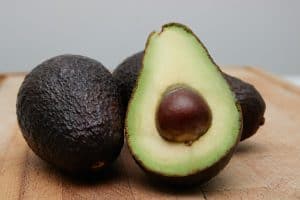
While fresh fruits and vegetables play a significant role in a healthy cockatiel’s diet, certain fresh fruits might harm your bird. Avocado, apple seeds, and other fruit seeds, along with fruit pits, can be fatal for cockatiels. They contain a highly toxic compound called cyanide.
Moreover, cockatiels can’t digest dairy as humans can. While wild cockatiels might consume insects for protein, don’t mistake this for a sign that your pet can indulge in the same foods. Cockatiels eat meat, but only in small quantities, and they don’t handle dairy products like cheese well. Raw potato is also a food to avoid giving this type of pet bird.
Another misconception is that giving human foods, such as processed foods, and offering products high in salt or sugar, might translate to a balanced diet for your cockatiel. However, these foods can be detrimental, offering very little nutritional value. For instance, brown rice might seem a healthy choice for humans, but it can be hard for cockatiels to digest.
The rule of thumb is: even if it’s healthy for humans, this doesn’t make it a safe bet for your feathered friend. Always ensure to offer a varied diet that aligns more naturally with their wild natural habitat. In the wild, cockatiels feast on small grains and seeds from grasses in the wild or sprouted seeds. If you’re uncertain what to give your pet, always consult a veterinarian or head to a pet store for advice.
As a responsible pet owner, it’s important to keep toxic foods out of your bird’s diet. This will promote robust health, enhancing your pet’s happiness and your enjoyment as an owner. Next, we’ll look into more nutritious food options for your cockatiel. Being informed about your pet’s dietary requirements will prevent health issues and extend your feathered friend’s lifespan.
Summing Up: Best Human Food for Cockatiels
Providing a varied diet of both pet-specific and appropriate human food can greatly improve the life quality and lifespan of your cockatiel. Fresh fruits and vegetables, as well as certain cooked foods, can supplement their primary bird food diet, providing essential nutrients. However, care must be taken to avoid toxic and unhealthy foods such as certain fruit seeds, high-salt and sugar processed foods, and difficult-to-digest items like cheese and brown rice.
Remember, your cockatiel’s dietary needs differ greatly from yours – always consult a vet or pet store specialist when introducing them to new foods. Ensure you maintain a balanced diet, introduce new foods gradually, and monitor their reactions carefully. Establishing this healthy pattern of feeding will keep your cockatiel happy, healthy, and vibrant for years to come.
